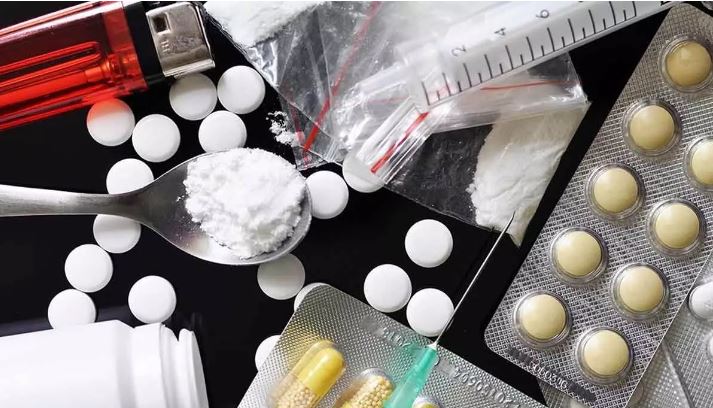
The rising prevalence of hard drug use, particularly the consumption of “kush,” has escalated into a serious public health emergency in Guinea.
In the capital Conakry and key mining towns, drug trafficking and consumption are becoming alarmingly visible, with devastating effects on public safety and social stability.
The scourge of drug abuse is fueling a surge in violence and crime, as many young people fall victim to addiction.
Some experience severe mental health breakdowns—losing control of their bodies and even their lives—while others engage in delinquent behaviours, including theft and assaults.
Law enforcement agencies face growing challenges in curbing the spread of these narcotics amid widespread impunity among traffickers.
“These toxic substances profoundly alter the central nervous system,” explains one health expert, highlighting how users often become agitated, aggressive, and unpredictable.
This vulnerability makes many young addicts easy targets for manipulation and exploitation.
A poignant testimony comes from a young man known as El Chapo, who works in an artisanal port and has been battling addiction for over a decade.
“Doctor Kaba, I know very well that drugs are bad. Two of my friends went crazy, another died after consuming kush. But me… I can’t stop anymore. It’s the only way I feel good, that I feel like a man.
My father tried everything to get me off it… but he never succeeded,” he shared candidly.
In light of this crisis, urgent recommendations have been proposed to the authorities to mount a coordinated response.
These include the enforcement of corrective measures paired with modern rehabilitation prisons, greater involvement of community leaders and families, and the launch of nationwide educational campaigns led by schools.
A daily hour dedicated to drug awareness in high schools, ideally every Monday during flag-raising ceremonies, is suggested to engage students early.
Additionally, the strengthening of police and gendarmerie training is critical to dismantling trafficking networks.
“It is imperative to act immediately to protect our youth, secure our neighbourhoods, and preserve the future of Guinea,” the expert warns.
The ports of Conakry remain among the most affected areas, demanding swift and comprehensive intervention.



